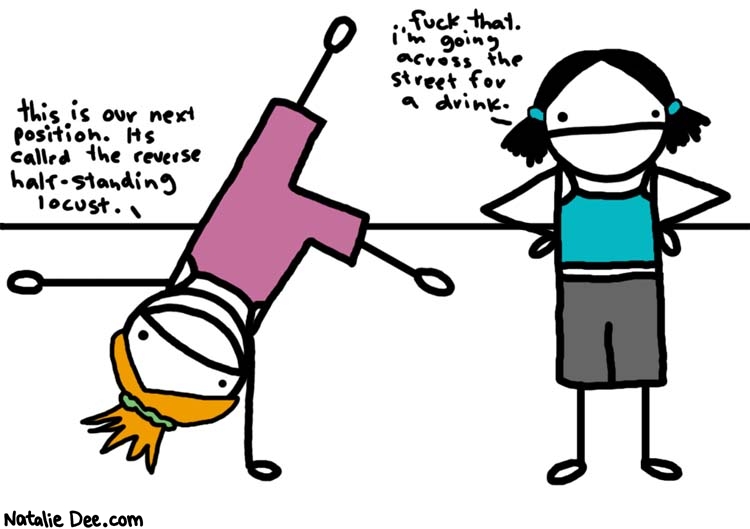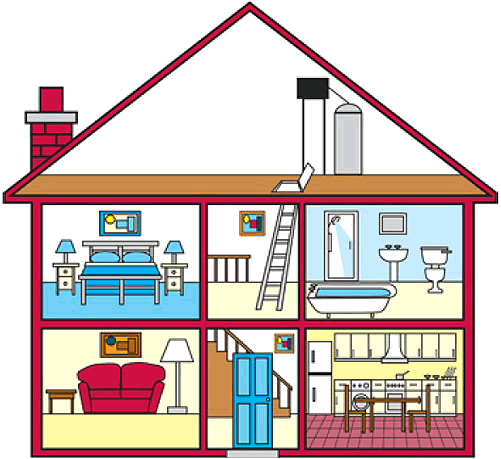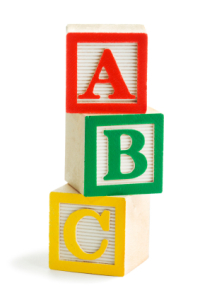A ordem dos adjetivos serve para que você não escreva mais de um adjetivo de forma aleatória numa frase. Essa ordem precisa ser seguida de acordo com o tipo de cada adjetivo. Veja abaixo o exemplo:
Algumas vezes nós podemos usar mais de um adjetivo na frase:
Ex: It´s a beautiful round wooden table.
(É uma mesa bonita, redonda e feita de madeira.)
Mas há uma maneira correta, ou seja, uma ordem em que esses adjetivos são escritos antes do substantivo. Para isso devemos saber quais são os tipos de adjetivos e suas ordens:
• Tipos de Adjetivos:
OPINION= indica o que você pensa a respeito, ou seja, OPINIÃO!
1- Opinion: indica opinião.
Exemplos: horrible, difficult, fun, etc.
FACT= indica o que é verdade, ou seja, o FATO!
2-Size: indica tamanho.
Exemplos: large, little, short, tall, etc.
3-Age: indica idade.
Exemplos: new, old, adolescent, a year, etc.
4-Shape: indica forma.
Exemplos: round, flat, square, irregular, etc.
5-Color: indica cor.
Exemplos: red, blue, etc.
6-Origin: indica a origem.
Exemplos: Brazilian, American, etc.
7-Religion: indica religião.
Exemplos: Buddhist, Taoist, Pagan, etc.
8-Material: indica o tipo de material que é feito.
exemplos: wooden, paper, metal, etc.
9-Purpose: indica o propósito de seu uso.
Exemplos: sleeping bag, computer table, football field, etc.
• Ordem dos Adjetivos:
Agora que você já sabe quais são os tipos de adjetivos, precisa saber qual a ordem correta ao escrevê-los. Para ficar mais fácil, divida a frase desta maneira:
Ex: A beautiful large round wooden table.
(uma mesa bonita, larga, redonda e feita de madeira.)
1º - divida a frase separando os adjetivos do substantivo;
2º - separe os adjetivos em: opinion ou fact;
3º- ordene corretamente.
fonte: Brasil Escola














